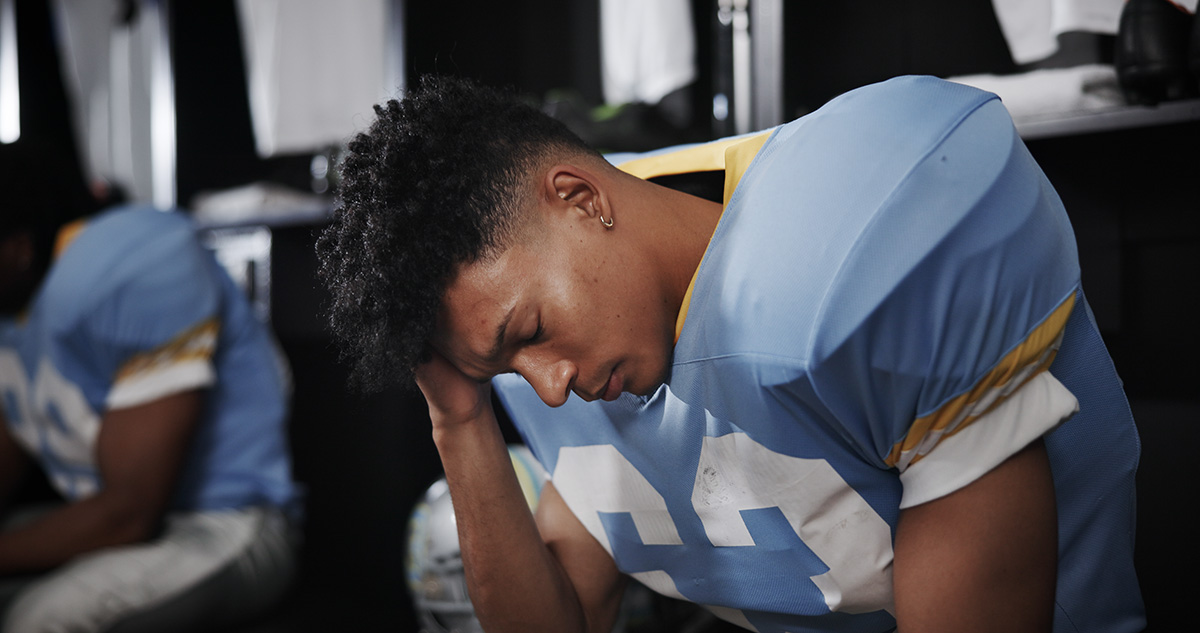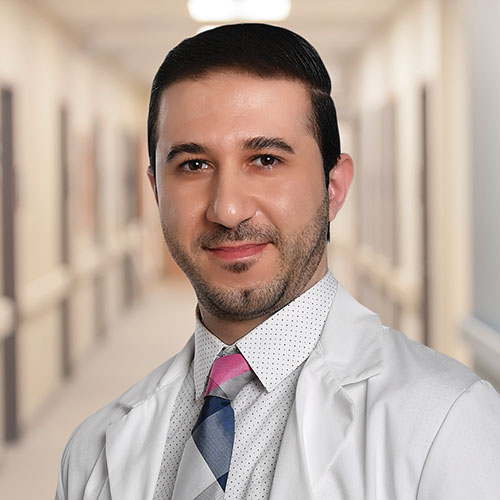Got Your Bell Rung? Heed the Alarm for Concussion.
August 14, 2025What is a concussion?
 You may have heard people say someone “got their bell rung” or was “seeing stars” after a hit to the head. These phrases may sound casual, but a blow to the head can be serious. In some cases, it can lead to a concussion, which is a type of brain injury caused by a bump, jolt, or hit to the head.
You may have heard people say someone “got their bell rung” or was “seeing stars” after a hit to the head. These phrases may sound casual, but a blow to the head can be serious. In some cases, it can lead to a concussion, which is a type of brain injury caused by a bump, jolt, or hit to the head.
Concussions are most often caused by sports injuries, falls, or car accidents. But they can also happen from something as simple as bumping your head on a table or cabinet. A concussion can still occur even if the hit doesn’t seem hard. That’s why it’s essential to take any head injury seriously and get the right treatment.
How to lower your risk
There are several easy steps you can take to help prevent concussions:
- Avoid risky behaviors
- Wear a helmet during sports or biking
- Drive safely and always use a seatbelt
- Secure rugs and install handrails in your home
- Exercise to build strength and balance
What to do after a concussion
If you think someone may have a concussion, act quickly and get medical help. Signs of a concussion include:
- Severe headache
- Dizziness, nausea, or vomiting
- Blurry vision
- Confusion
- Trouble sleeping or changes in mood
- Sensitivity to light or noise
- Pain or tenderness in the head or neck
- Loss of consciousness (in some cases)
See a doctor as soon as possible and follow medical advice, which includes resting, limiting screen time, and avoiding heavy activity or anything that could result in another head injury. If symptoms are severe, visit the emergency room.
Some common myths say you should not sleep after a concussion or that you should stay in a dark room. But research now shows these aren’t helpful and may even slow recovery.
“People used to think concussions weren’t a big deal, but that’s changing as we learn more about how serious they can be,” said MaryAnn Garcia, Licensed Physical Therapist and Concussion Specialist with Riverside Rehabilitation Services. “If you or someone you know has symptoms of a concussion, it’s important to get checked by a doctor. For severe symptoms, go to the Riverside Emergency Room right away.”
Keeping brain health in mind
Concussions are serious but treatable. Knowing how to avoid them, spot the signs, and respond correctly can help protect your brain and overall health.
To learn more, contact Riverside Medical Group - Physical Medicine and Rehabilitation Specialists at (815) 932-6632 or visit myrhc.net/physicalmedicine
Sources:
Centers for Disease Control and Prevention https://www.cdc.gov/traumatic-brain-injury/
Concussion Alliance https://www.concussionalliance.org/



